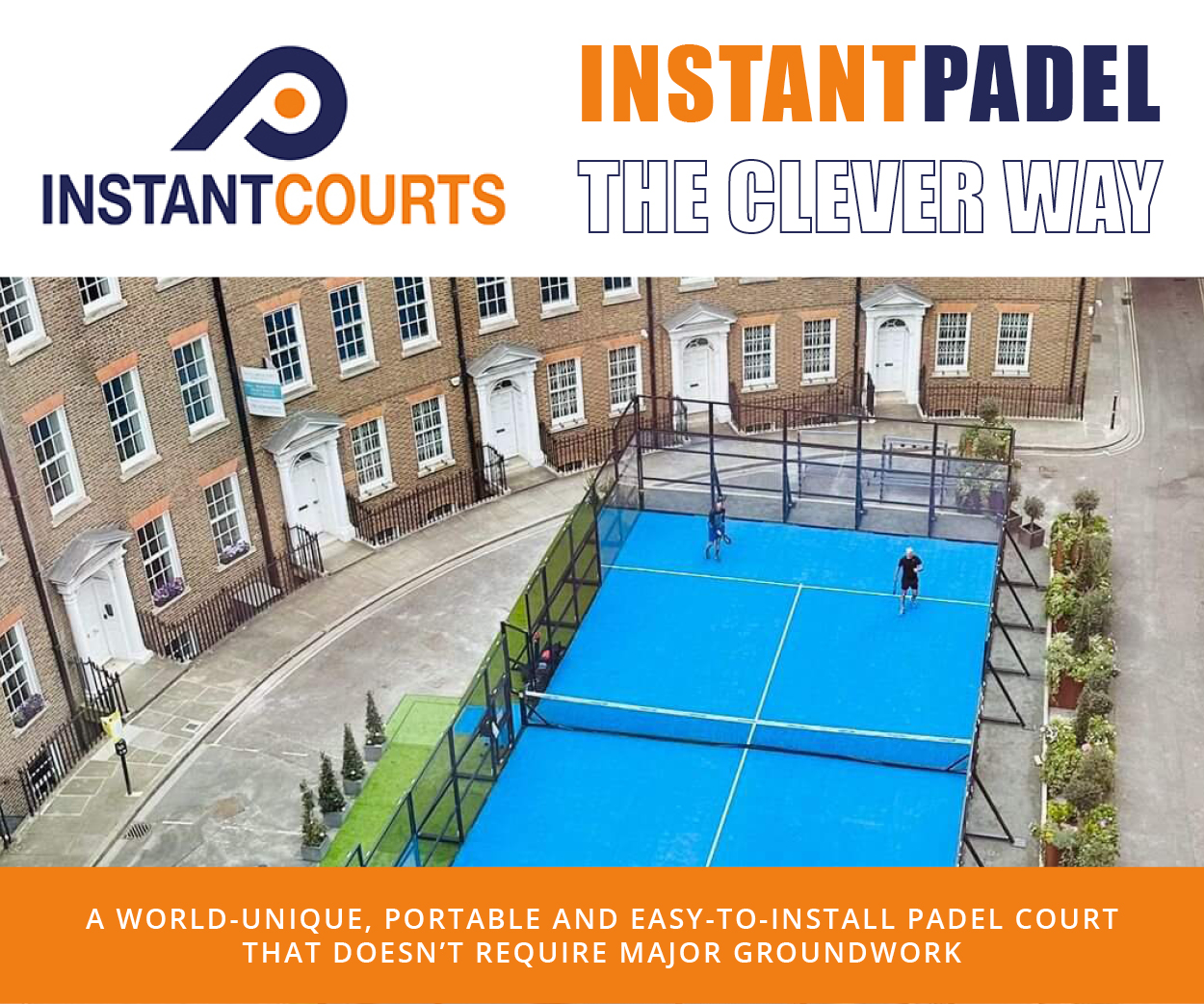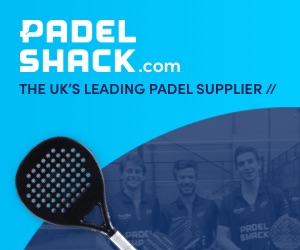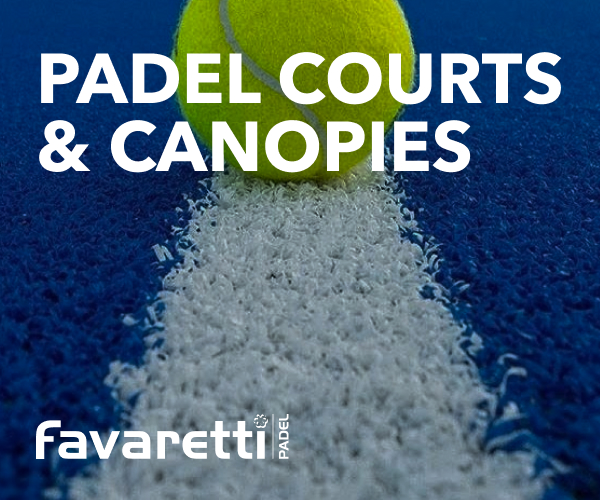“I have never seen anything like this before in sports.” From anyone else, this description of padel’s global growth might sound like hyperbole, but sports marketing legend Craig Thompson’s opinion carries serious gravitas.
Back in 1992, Thompson was part of a six-man team that worked with UEFA agency TEAM Marketing to create the commercial behemoth that is the UEFA Champions League, turning the tournament formerly known as the European Cup into the $4.5bn per year colossus that it is today.
His anecdotes from those heady times of negotiating with UEFA, creating the branding and matchday operational procedures, selling TV, sponsorship, and licencing rights and persuading the likes of Juventus, Bayern Munich and Barcelona that it was all a good idea, are truly fascinating (in fact Thompson is currently making a documentary about that seminal period of European football history).
After 11 years working on the Champions League, he created the Champions Hockey League, was CEO of the America’s Cup and worked in volleyball and equestrian (with Princess Anne as his boss!). Then in 2005, he co-founded Mindspring, a sport marketing, commercialisation and brand consultancy.

SPRINGING INTO PADEL
Thompson recognised the potential of padel early, having played regularly on trips to Barcelona and Madrid for Champions League fixtures. First, he led an attempt to buy the World Padel Tour and turbo-boost the commercial success of the pro game, but that proved unsuccessful. Next, he led lobbying of International Tennis Federation member nations to vote in favour of taking padel under its wing as the sport’s global governing body. With fierce opposition from International Padel Federation (FIP) president Luigi Carraro, the motion was narrowly defeated at the ITF AGM in Glasgow in 2022.
Undeterred, he turned his attention to the sport’s grassroots and looked to raise equity for a court financing business which would enable tennis clubs to add padel to their facilities with no money from their side, then recoup through a revenue share agreement.
Thompson and business partner Anton Brams formed Mindspring Padel, found an investor and launched in March 2024. Their way in was to form partnerships with national tennis federations who had brought padel under their jurisdiction (there are over 30 of these now worldwide, including heavyweights such as France, Switzerland, Italy, Australia, and, of course, the LTA).
Mindspring Padel’s first deal was with Swiss Tennis which has 800 clubs and a mandate to develop padel. Mindspring took a position as the fedeation’s padel court financing arm, partnering with expert court suppliers and installers to add padel (and all the benefits it brings with it) to tennis clubs.
“Five years ago, I saw padel getting bigger and bigger – and where clubs were adopting it you could see it was symbiotic with tennis,” Thompson tells The Padel Paper. “Both sports seemed to complement each other. Tennis club memberships were declining, young people weren’t joining, so it gave the club more options – and, by the way, you can fit three padel courts on one tennis court, so this is a real estate play too.
“Padel allows your club to bring in new members, new revenues, more people taking lessons, running events and enjoying the bar. It’s a win/win situation for both sports. So the tennis associations are achieving their objectives of growing the sport, the clubs are becoming more financially viable and adding benefits, we’re making money as a business, and so are the padel court manufacturers we work with.”

SO WHAT’S THE DEAL?
- Mindspring provides 100% financing for the build and groundworks of padel courts at tennis clubs and padel clubs (more recently, this has been extended to wider sports clubs such as golf, football and hockey)
- The courts remain the property of the club
- The club and Mindspring then share the proceeds of the court usage and membership fees, with Mindspring being paid back over a period up to 10 years.
- The club keeps all other ancillary revenues that emanate from having padel on-site, including coaching fees, merchandise, F&B, tournaments, etc.
Novak Djokovic famously labelled padel “a threat” to tennis at this year’s Wimbledon, but Thompson’s counter-argument is that “padel and tennis are friends” – or one could even suggest, given declining membership at tennis clubs, that tennis needs padel to continue to thrive.
Mindspring now operate in 15 countries including Germany, South Africa, Spain and the Philippines and most recently Down Under, after signing a deal with Tennis Australia last month. They are in talks with the LTA (whose interest-free loan offer for tennis clubs to add padel has come in for criticism). “We’ll be in 25 or 30 countries by the end of next year,” says Thompson. Mindspring are also adding technology to their sites thanks to partnerships with court camera company AI Ball, AI-enabled ball machines and court booking apps.
“We’re about promoting sports, fun, social activity, health and fitness,” says Thompson. “People are being told by their doctors, ‘You’ve got to do more running and go to the gym.’ But people don’t want to do that. However, it’s a box they need to tick, so padel and pickleball have come along at the perfect time and have made it fun to get some exercise. It’s a major shift in the market – you can have fun and stay healthy at the same time. What’s not to love about that?”









































